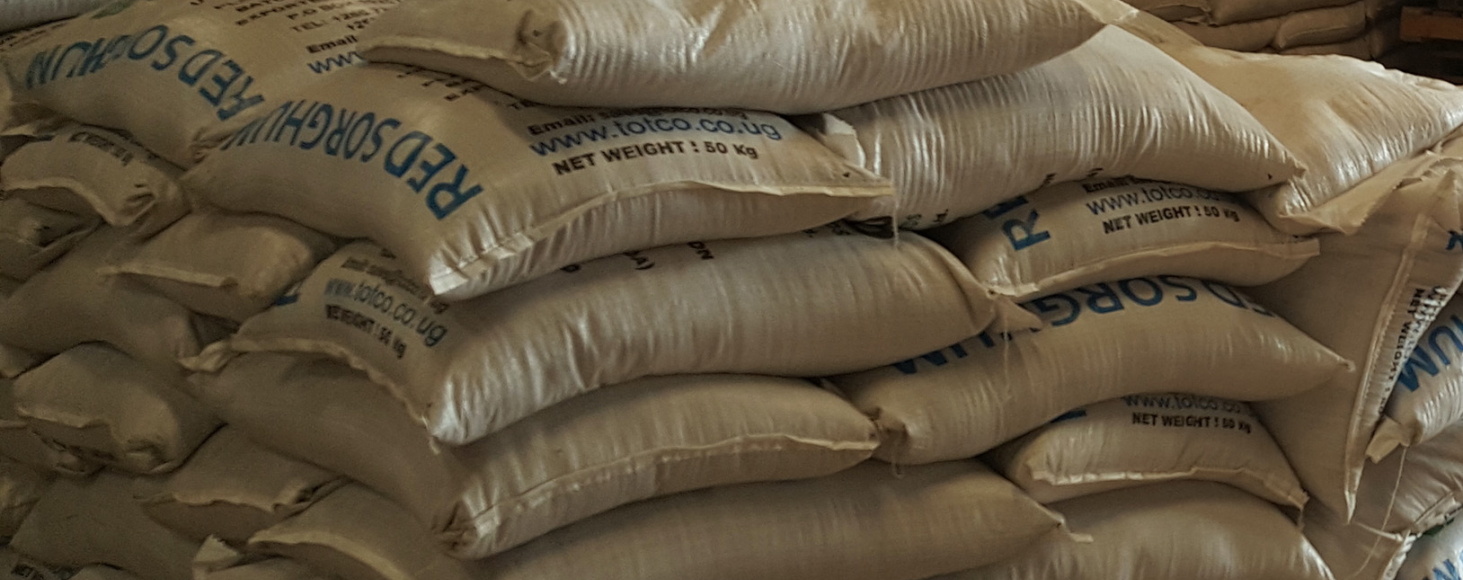
Our client, a significant funder and implementer of agricultural development programs in Africa, had a core objective of supporting governments and partner institutions to enhance regional trade in staple agricultural commodities (maize, beans, rice, sorghum, soybeans, and groundnuts).
As part of its planning for two major projects targeting improved regional food trade among COMESA and EAC countries, the client sought a political economy report on each project to assess the factors that may impact the success of their implementation and to inform the program's design.
